Have you ever felt like your cat just knows when you need comfort? It’s not your imagination—cats often tune into our feelings in the most touching ways. There’s something almost magical about the way a soft paw or gentle purr can soothe a rough day or brighten a moment of sadness. Whether you’re a lifelong cat lover or just starting to notice the subtle ways felines interact with their humans, these real-life moments will make you see your furry friend in a new light. Prepare to be surprised, moved, and perhaps reminded of your own unforgettable moments with a special cat.
Cats Cuddling During Tears

There’s a special kind of comfort in a cat’s cuddle, especially when you’re crying. Many cat owners share stories of their feline companions creeping onto their laps and gently settling in as tears begin to fall. The warmth of a cat pressed against you, the steady rhythm of their purring, can feel like the most genuine hug. Some cats even reach out a paw to softly touch your cheek, as if they understand your sadness. In these moments, their presence is a wordless reassurance. The act seems instinctive, not taught, as if cats are drawn to sorrow like moths to a flame. For many, this simple show of affection has become a cherished memory, proof that cats can sense and respond to human pain.
Purring to Soothe Anxiety

The sound of a cat’s purr is often described as therapeutic, and there’s science behind that feeling of calm. When anxiety takes hold, some cats seem to know just when to curl up beside their humans and start purring loudly. This low, rumbling sound can slow a racing heart and quiet restless thoughts. The vibration is even said to have healing properties, reducing stress hormones in humans. Cats may not know the word “anxiety,” but they seem to sense agitation and respond with a soothing gift only they can offer. For people who struggle with chronic worry or panic, this feline response can feel like an anchor in a storm.
Following Owners After a Bad Day
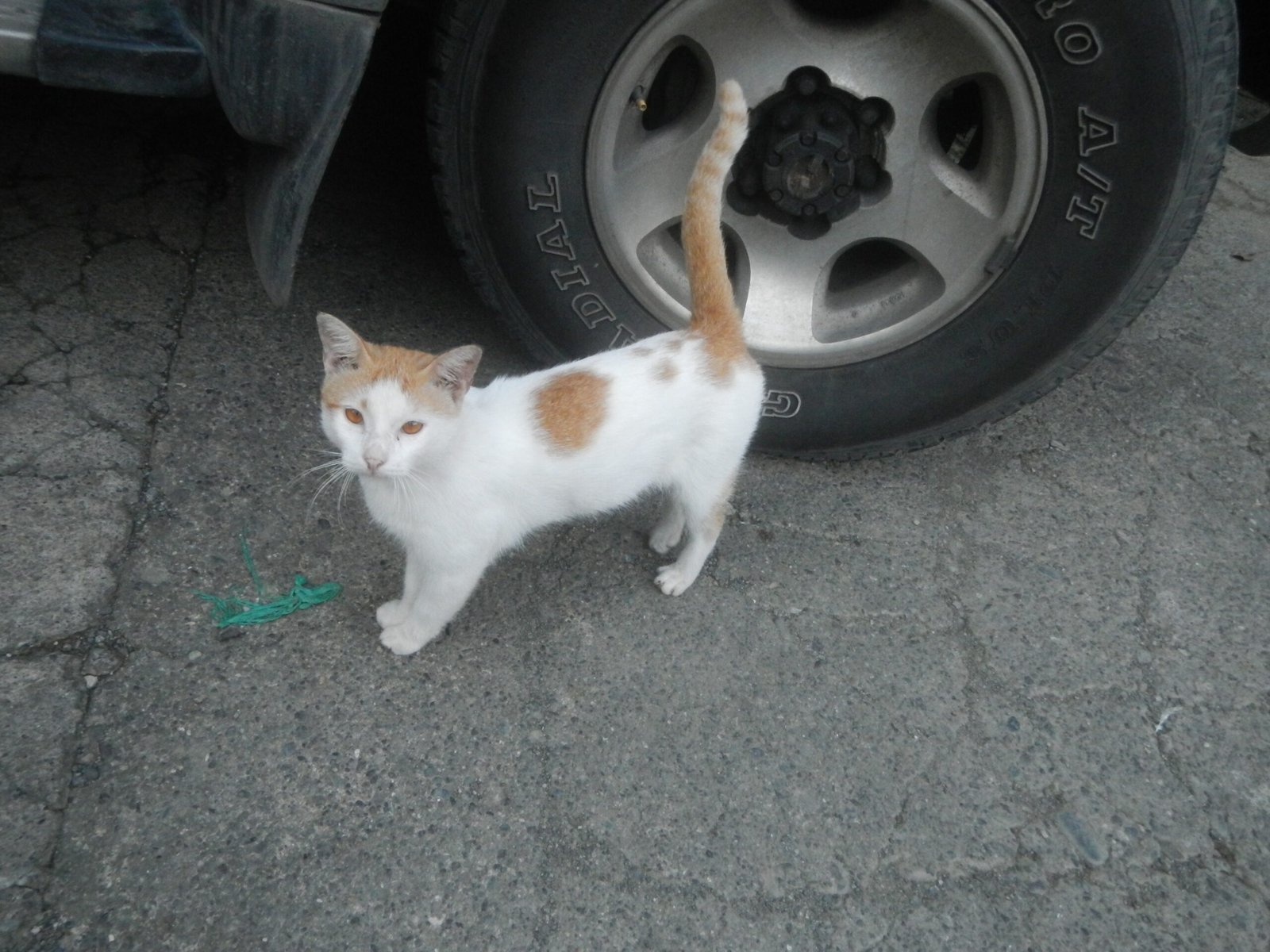
After a tough day, some cats make it their mission to stick close to their humans. Instead of hiding or napping in another room, they’ll follow you from room to room, never letting you out of their sight. It’s as if they’ve noticed the slump in your shoulders or the heaviness in your footsteps. This constant companionship can be both hilarious and deeply touching. Some cats will even wait outside the bathroom door, meowing softly, just to be near you. Their persistent presence is a reminder that you’re not alone, no matter how difficult the day has been. It’s a quiet kind of loyalty that speaks louder than words.
Bringing “Gifts” to Cheer Up Their Humans

While it might not always be pleasant to find a toy mouse—or the occasional real mouse—on your pillow, these “gifts” are often a cat’s way of showing care. Cats are natural hunters, and offering their catch is a sign of affection and concern. When they sense their human is feeling down, some cats ramp up this behavior, proudly presenting their treasures in hopes of brightening your mood. The sight of a favorite toy, carefully placed at your feet, can be strangely uplifting. It’s a quirky, sometimes messy, but always heartfelt way for cats to say, “I’m here for you.”
Sleeping Beside You After Heartbreak
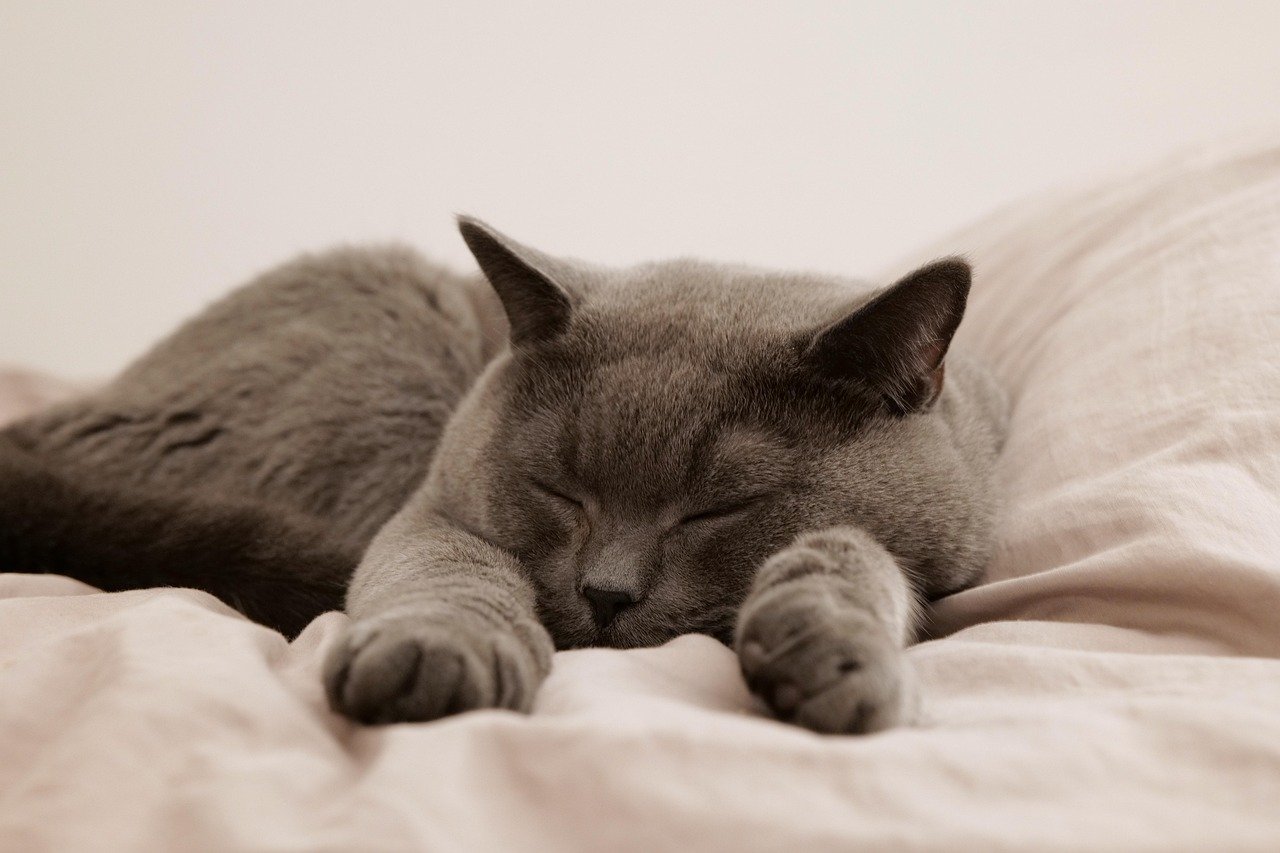
Breakups, loss, or grief can make sleep feel impossible. Yet, many people report that during their darkest times, their cat chose to sleep right beside them every night. This close physical contact can be more comforting than any words. The steady presence of a warm, purring body can make those endless nights feel a little less lonely. Some cats will even adjust their usual sleeping spots just to be closer during hard times. It’s as if they instinctively know when you need extra support, offering silent companionship until the world feels a little brighter.
Gentle Headbutts in Times of Sadness
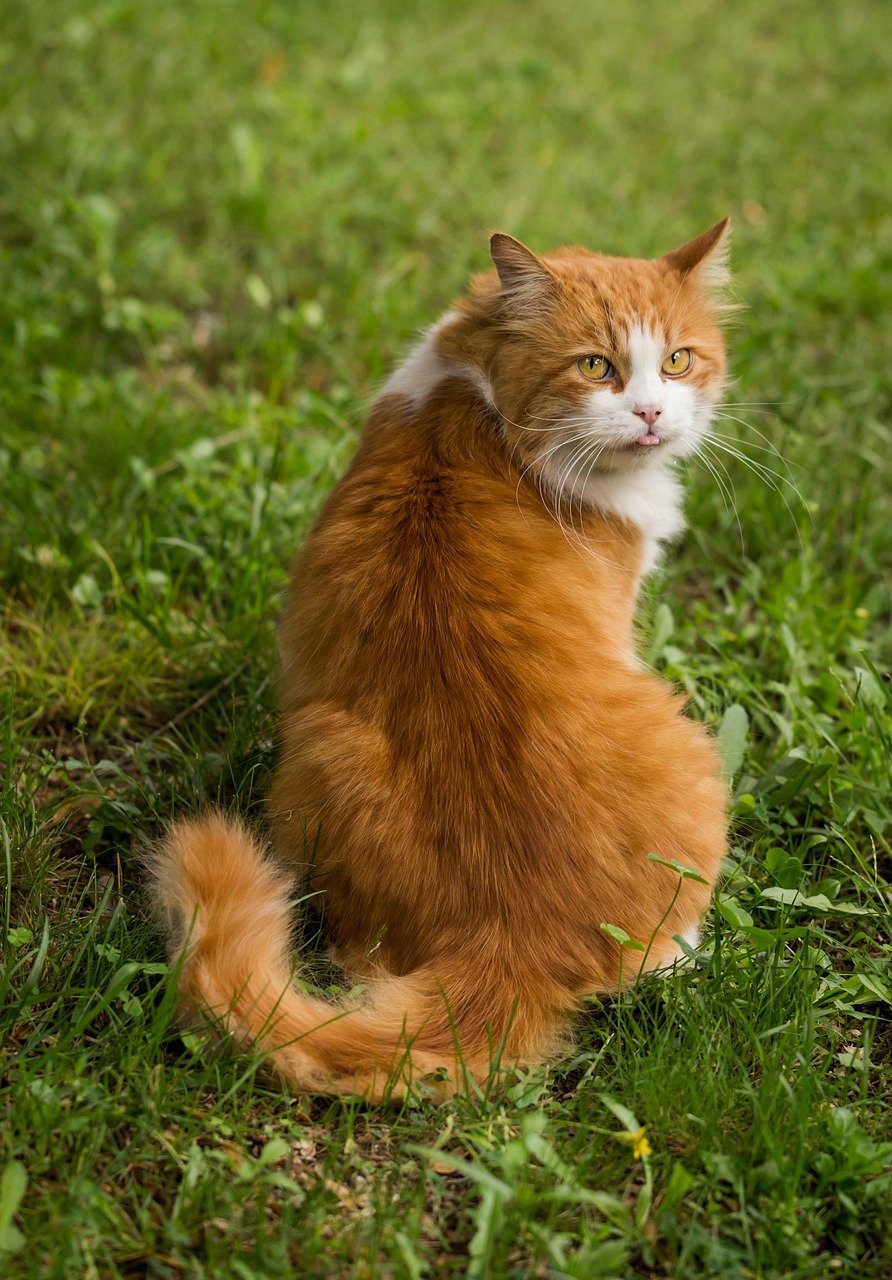
A cat’s headbutt, or “bunting,” is one of their most affectionate gestures. When sadness hangs heavy in the air, some cats respond by gently pressing their heads against their human’s face or hand. This behavior is more than just cute—it’s a cat’s way of marking their person with their scent, claiming them as family. In moments of emotional pain, a soft headbutt can feel like a heartfelt reminder that someone cares. It’s an act that’s both grounding and uplifting, breaking through sadness with a touch of feline love.
Meowing Softly to Offer Comfort

Cats have a wide range of vocalizations, but their soft meows during human distress can feel especially meaningful. Some cats will sit close and meow quietly, as if trying to talk you through your pain. These gentle sounds can feel like encouragement, a way of saying, “I’m here, and I care.” The tone and pitch often shift, becoming softer or more insistent depending on your mood. For many people, these meows become a lifeline, a small but powerful reminder that they are seen and understood.
Licking Away Tears
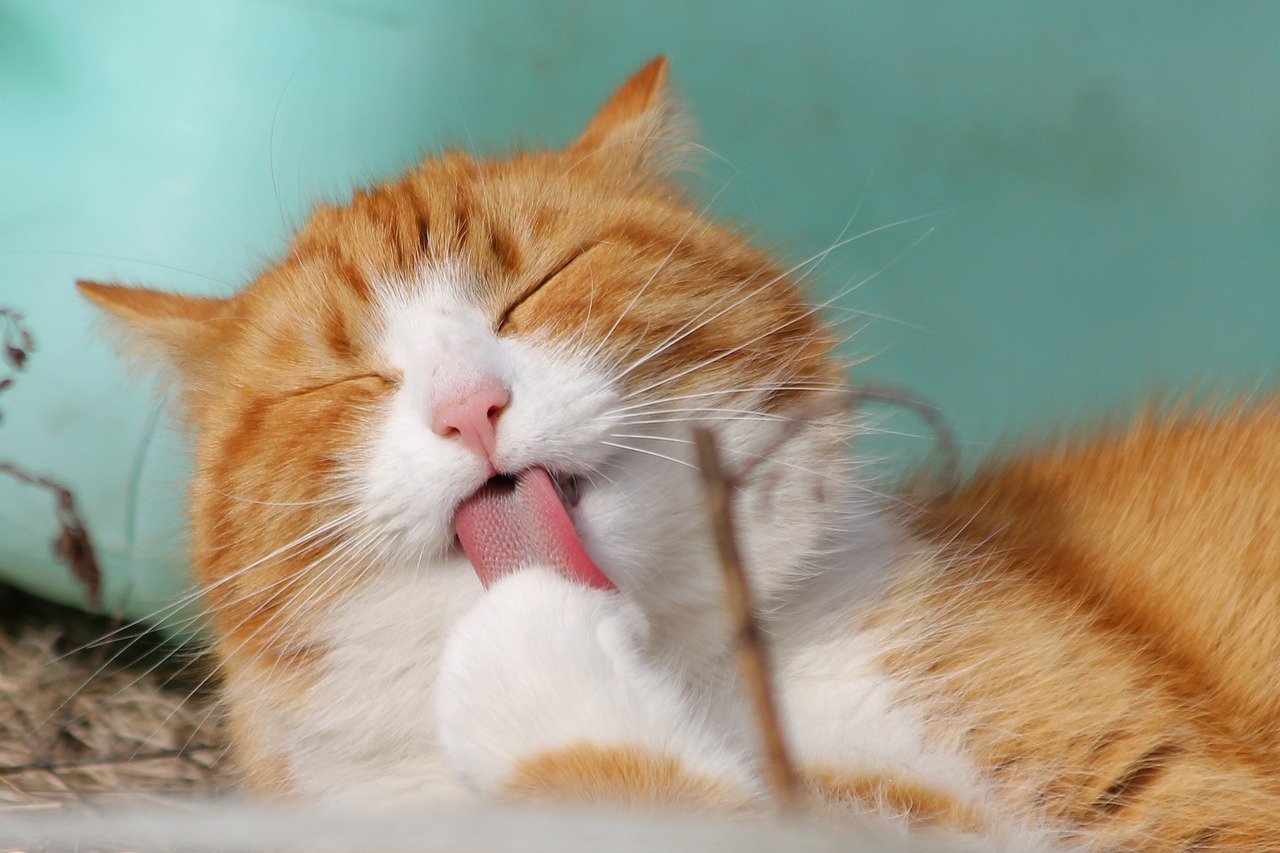
It may sound unbelievable, but some cats have been known to lick away their owner’s tears. This surprising behavior often catches people off guard. The rough texture of a cat’s tongue and their careful, almost deliberate movements make the moment unforgettable. It’s as if the cat wants to physically erase your sadness, one salty tear at a time. While not all cats do this, those that do create a powerful memory of empathy and connection. The act can be both humorous and deeply moving, proof of the unique bond between cat and human.
Sitting on Laps During Illness

Illness can leave anyone feeling vulnerable and alone, but many cat owners recall their pets choosing these moments to become lap cats. Even the most independent felines may shift their behavior, seeking out their human’s lap and refusing to leave. Their weight, warmth, and purring can be soothing, offering physical and emotional comfort. Some cats will stay by your side throughout a fever or recovery, barely moving except to check your face for signs of distress. Their commitment during times of weakness is a testament to their ability to sense and respond to human need.
Playful Distractions From Stress

When stress mounts, some cats seem to deliberately create playful distractions. They’ll dart around the room, chase after toys, or even invent games with household objects. Their antics can be so silly that you can’t help but laugh, even on the hardest days. Cats may sense tension and respond by trying to break the mood with humor and energy. This playful approach can snap you out of a negative spiral, reminding you to pause and enjoy the lighter side of life. Their timing often feels uncanny, as if they know exactly when you need a distraction.
Sleeping on Your Chest During Grief
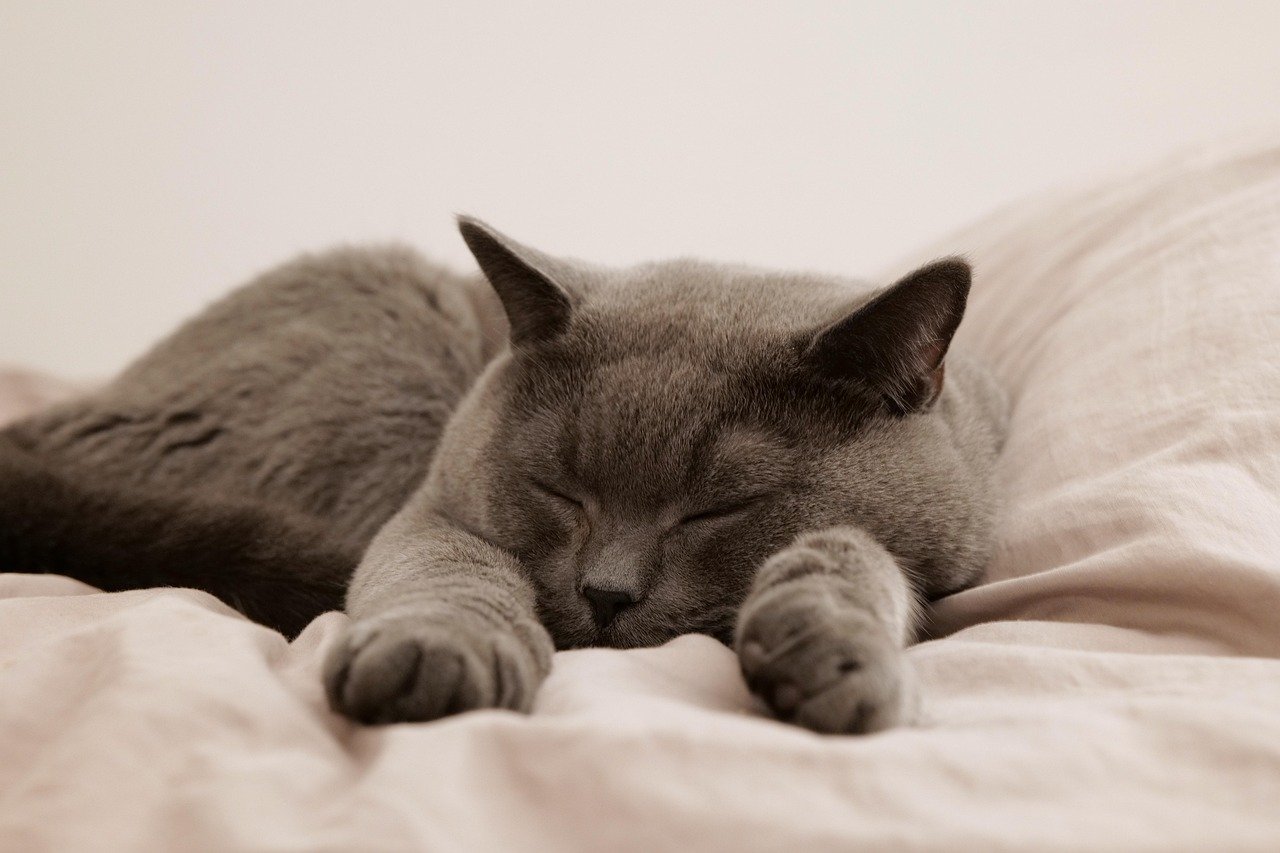
There’s something incredibly comforting about a cat sleeping directly on your chest, especially in moments of deep grief. The steady rhythm of their breathing and purring can sync with your own, creating a moment of calm in the storm. Many people find that their cats choose to rest right over their heart during times of loss or intense sadness. This closeness can help slow your breathing and bring a sense of peace. It’s a gesture that feels intentional, as if the cat is offering their own heartbeat as comfort.
Guarding the Door When You’re Upset
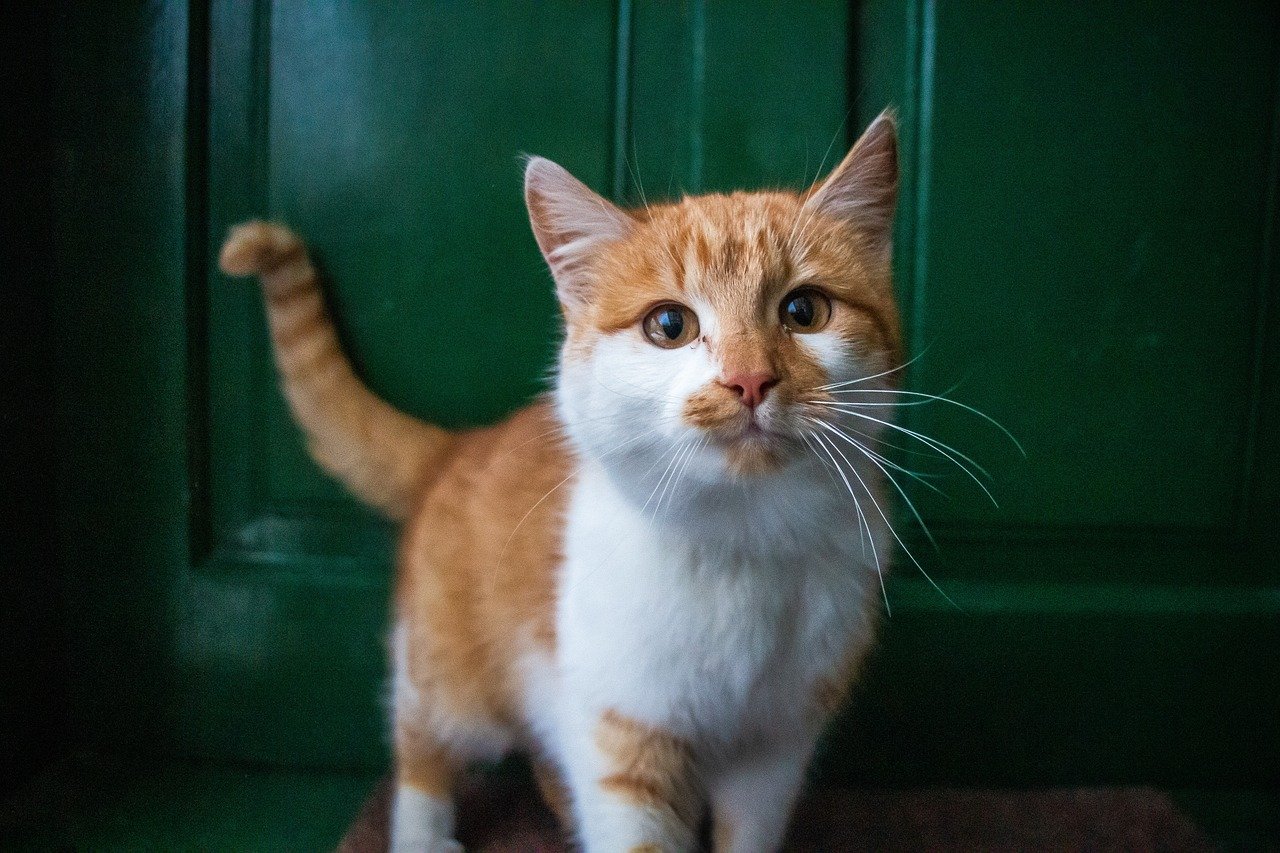
Some cats take on a protective role when their humans are upset. They might sit by the door, keeping a watchful eye on anyone who tries to enter. This guarding behavior can be especially strong in single-cat households, where the bond is particularly close. The cat’s vigil can offer a sense of security, making you feel protected during vulnerable moments. Their silent watchfulness is a reminder that they’re looking out for you, even if they can’t fix what’s wrong.
Touching Faces With a Paw

There’s a delicacy to the way some cats reach out and gently touch your face with their paw. This gesture often happens when you’re crying or visibly distressed. The touch is soft, almost tentative, as if the cat is testing the waters. For many, this moment feels deeply personal, a sign that their pet is acknowledging their pain. It’s a simple, wordless connection that says, “I see you, and I’m here.” The memory of a cat’s paw on your cheek can linger long after the sadness has passed.
Snuggling Under Blankets During Fear

When fear strikes—be it from a thunderstorm, a nightmare, or just overwhelming worry—some cats respond by burrowing under the blankets with their humans. Their willingness to leave their own cozy spots and join you in your hiding place is a clear sign of loyalty. This shared warmth can transform the mood, making fear seem less daunting. The act of snuggling close, hidden away from the world, can be both comforting and empowering. It’s a reminder that together, you can weather any storm.
Gazing Into Your Eyes During Sadness

There’s an old belief that cats can communicate through their eyes, and many owners swear by the power of a cat’s gaze. During times of sadness, some cats will sit quietly and make direct eye contact, their eyes soft and unblinking. This prolonged gaze can feel incredibly intimate, conveying understanding without a single sound. It’s as if they’re trying to share your burden or simply let you know you’re not alone. The silent message behind those eyes can be more reassuring than any words.
Rubbing Against You When You’re Lonely
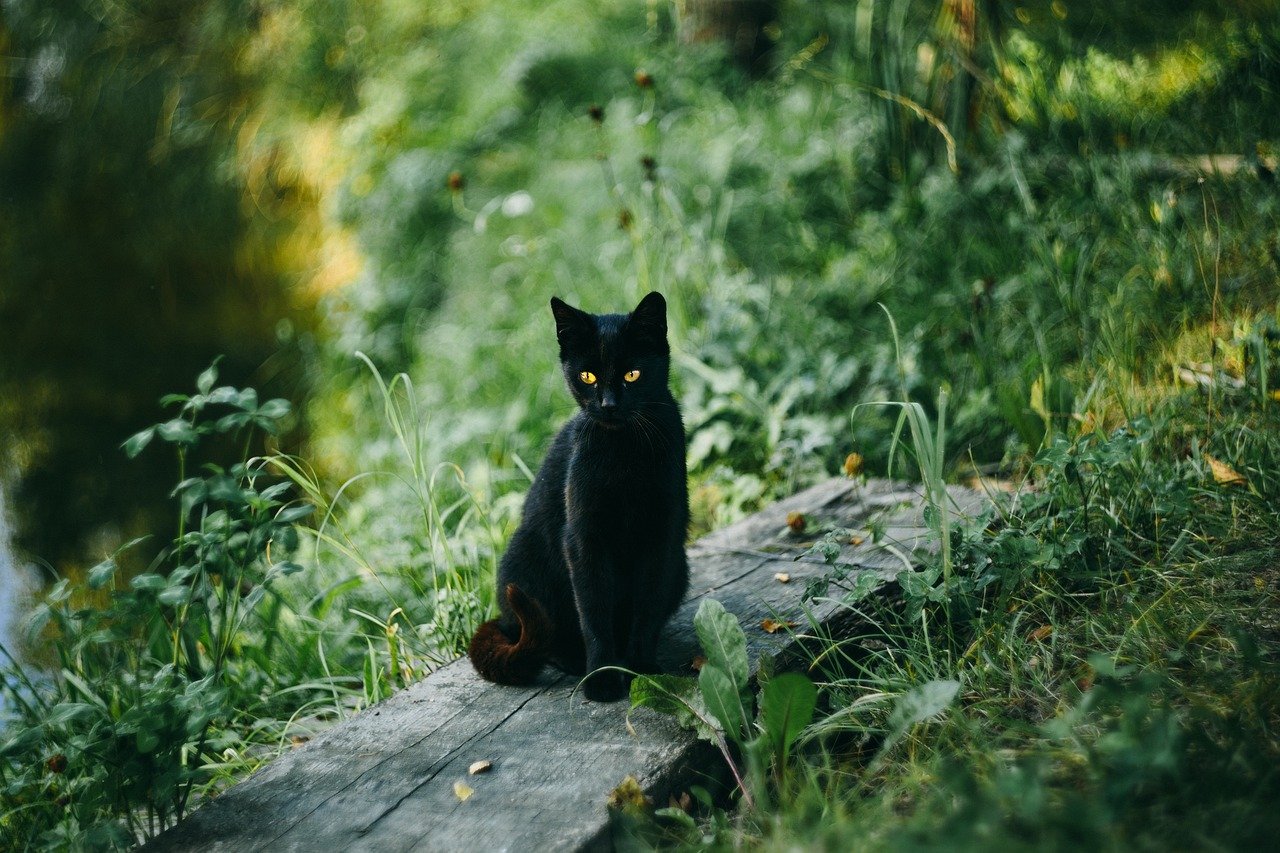
Loneliness can be crushing, but cats often respond by increasing their physical affection. They’ll rub against your legs, weave between your feet, or hop onto your lap at every opportunity. This constant contact is their way of reminding you that you’re valued and loved. The sensation of a soft cat brushing against you can feel like a lifeline, breaking through the isolation. For many, these moments become a favorite part of living with a cat, a daily reminder that companionship comes in many forms.
Mirroring Your Mood With Their Body Language
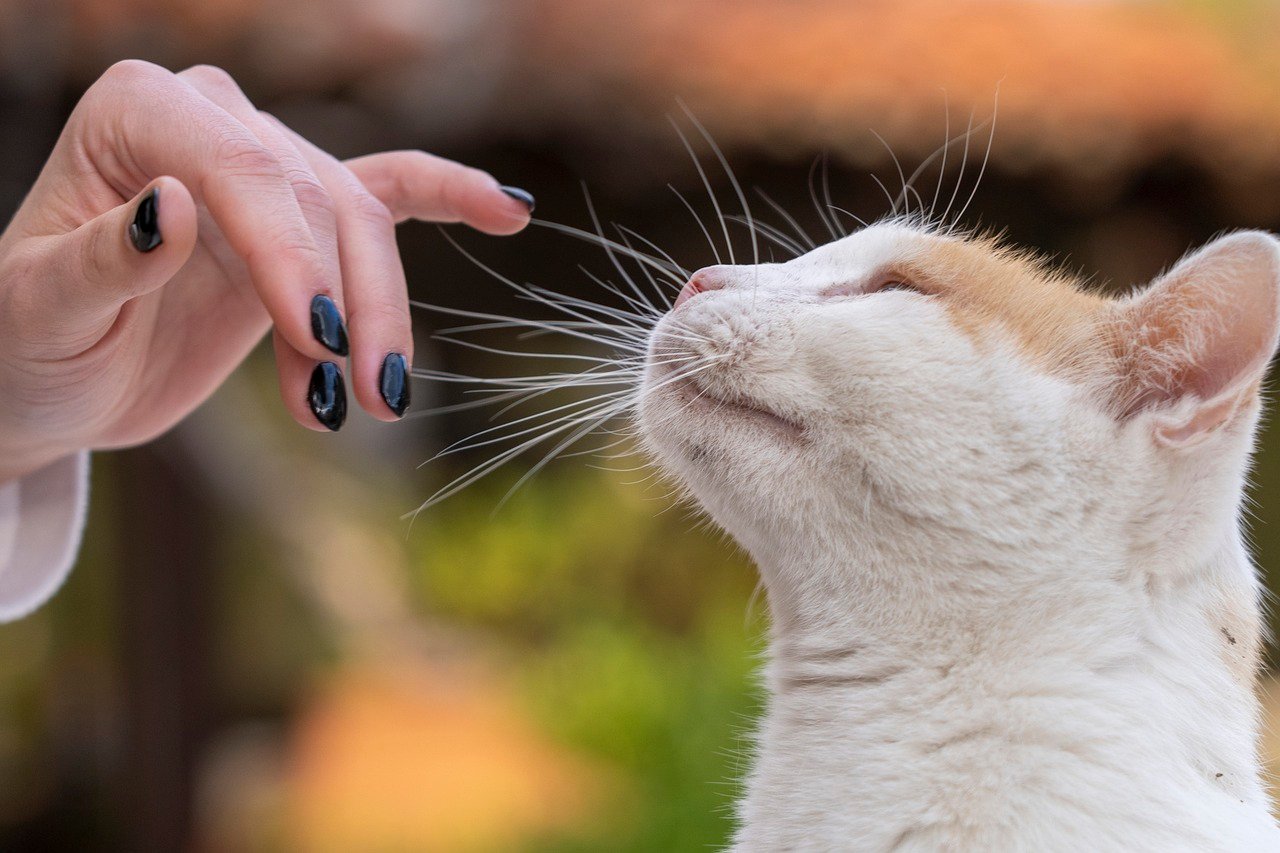
Cats are masters at picking up on subtle cues, and some respond to human emotion by mirroring your mood. If you’re quiet and still, your cat may become unusually calm, curling up beside you without a sound. If you’re agitated or pacing, they might follow suit, showing restlessness or concern. This synchronization can be almost eerie, as if your emotions set the tone for the entire household. It’s a powerful example of the deep connection between cats and their humans, a silent dance of empathy.
Bringing Comfort Objects When You’re Down
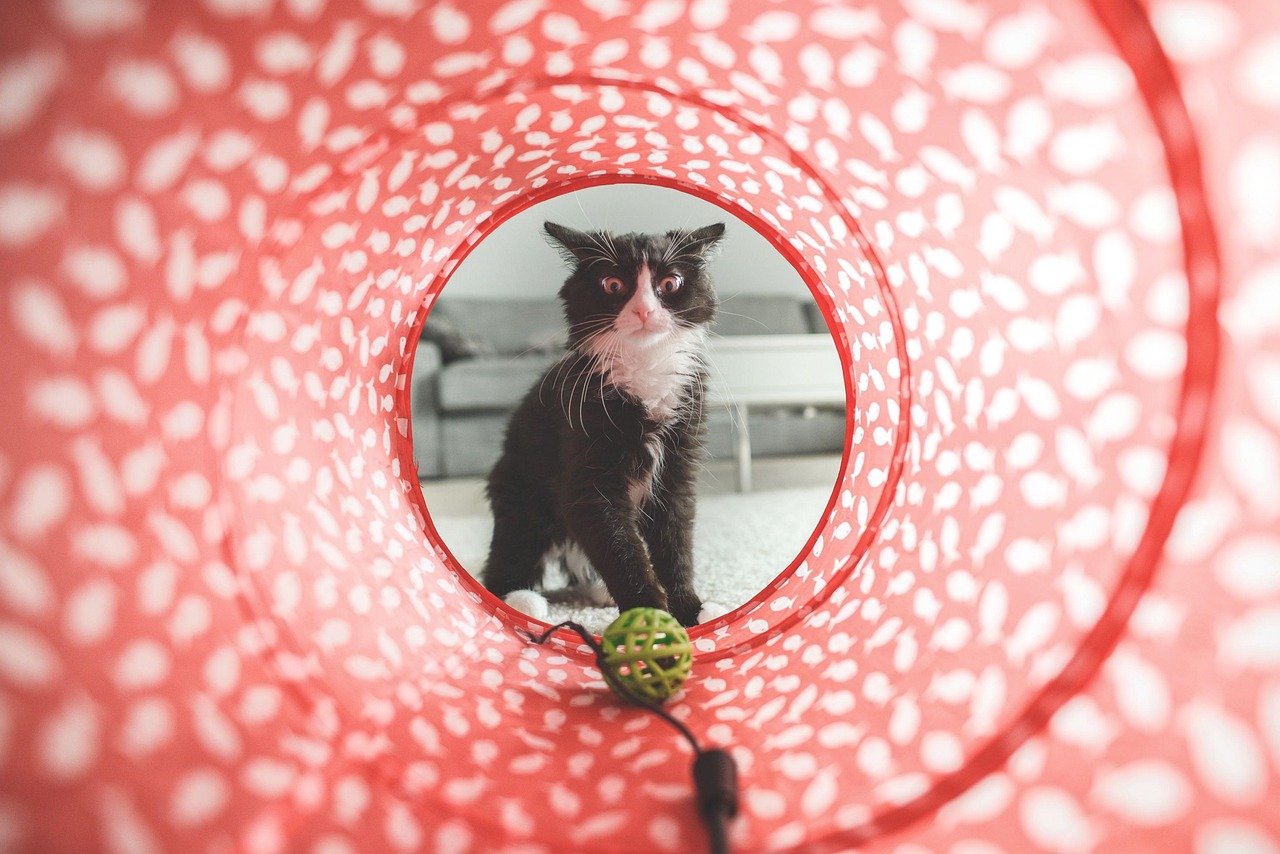
Some cats go a step further in their efforts to cheer you up, dragging their favorite blanket, toy, or even your own belongings to your side. This offering is a way of sharing comfort, as if saying, “This makes me feel safe, maybe it will help you too.” It’s not uncommon for a cat to fetch a well-loved object and drop it at your feet during moments of distress. The gesture may seem small, but it carries a world of meaning. It’s a tangible sign that your cat is tuned into your needs, doing their best to offer support.
Sleeping at Your Feet After an Argument
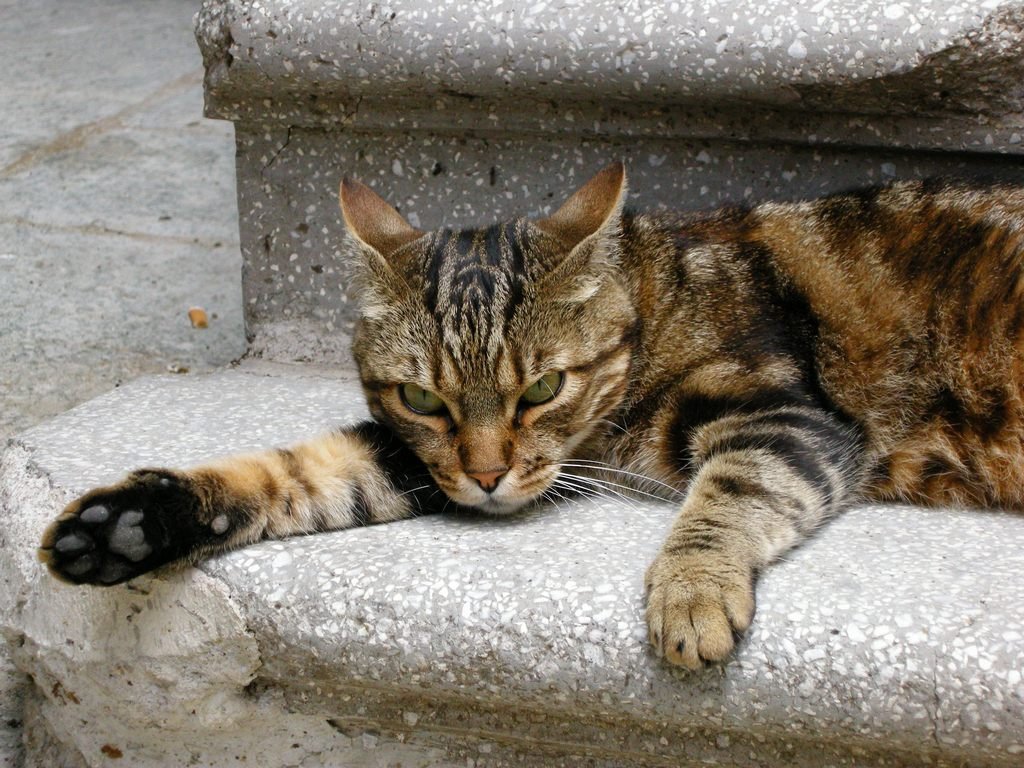
Arguments and tense moments can leave a heavy atmosphere in the home, but many cats respond by quietly settling at their human’s feet. This choice of location is significant—it’s close enough to offer company, but not so close as to intrude. The presence of a cat at your feet can be grounding, helping to ease lingering tension. For families and roommates, this behavior can also serve as a gentle reminder to reconnect and move forward. The quiet solidarity of a cat during difficult times is a gift that often goes unspoken but not unnoticed.
Returning Affection After Being Ignored

Sometimes, in the depths of sadness or stress, people withdraw from their pets. Remarkably, many cats respond not with resentment, but with renewed affection. They’ll seek out eye contact, nuzzle your hand, or curl up beside you as if nothing has changed. This unconditional love can be startling, especially when you feel undeserving. It’s a quiet reminder that, no matter what, your cat is still there, ready to offer comfort and companionship. Their forgiving nature can inspire humans to be kinder to themselves during hard times.
Waiting Patiently for You to Feel Better
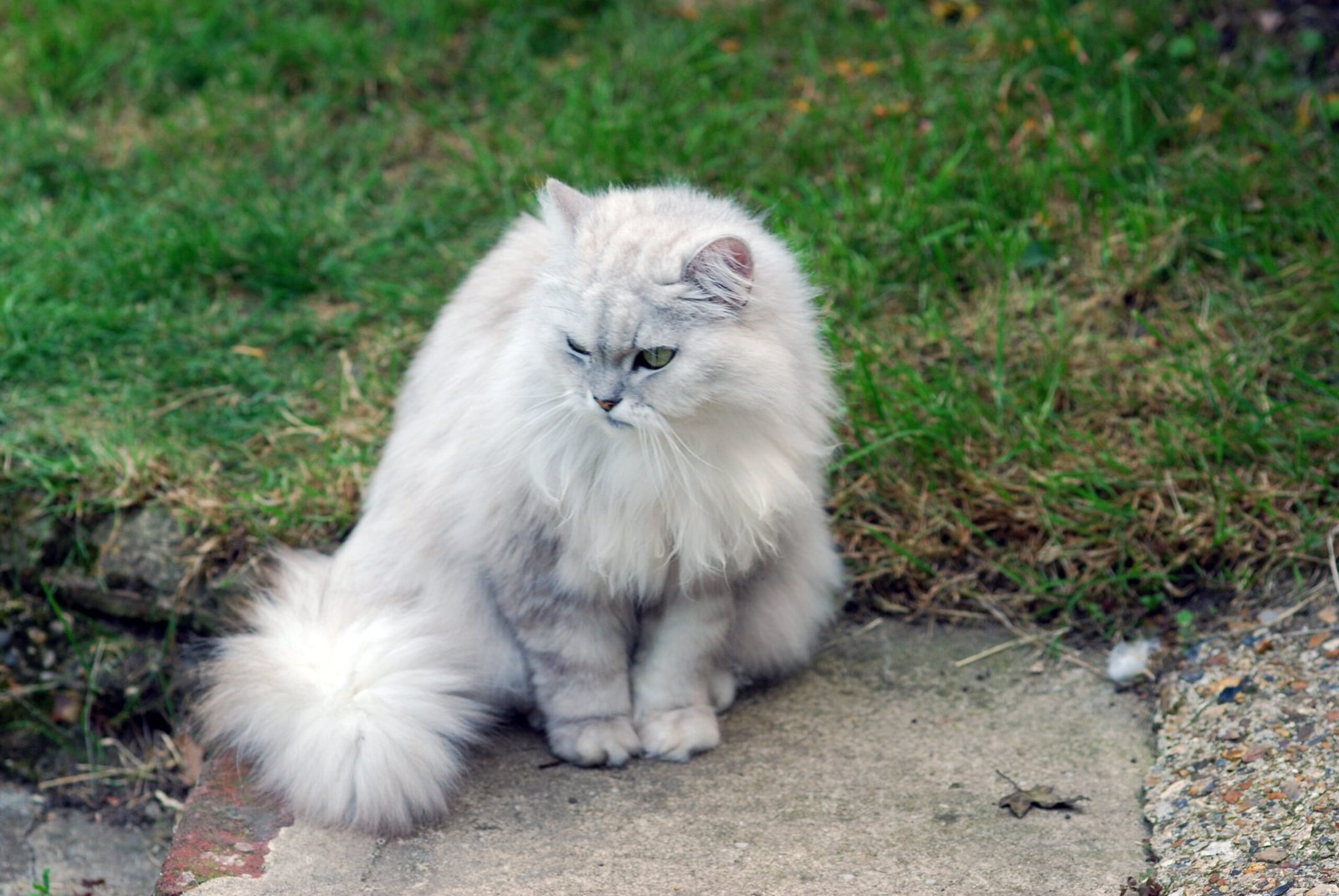
Perhaps the most touching response of all is the way some cats simply wait. They don’t demand attention or try to force affection. Instead, they sit quietly nearby, keeping a respectful distance until you’re ready for company. This patience can be deeply moving, a sign of trust and understanding. When you finally reach out, your cat is there in an instant, as if they knew you would come around. Their willingness to wait out your pain, without judgment or complaint, speaks volumes about the depth of their empathy.
Hi, I’m Bola, a passionate writer and creative strategist with a knack for crafting compelling content that educates, inspires, and connects. Over the years, I’ve honed my skills across various writing fields, including content creation, copywriting, online course development, and video scriptwriting.
When I’m not at my desk, you’ll find me exploring new ideas, reading books, or brainstorming creative ways to solve challenges. I believe that words have the power to transform, and I’m here to help you leverage that power for success.
Thanks for stopping by, Keep coming to this website to checkout new articles form me. You’d always love it!






